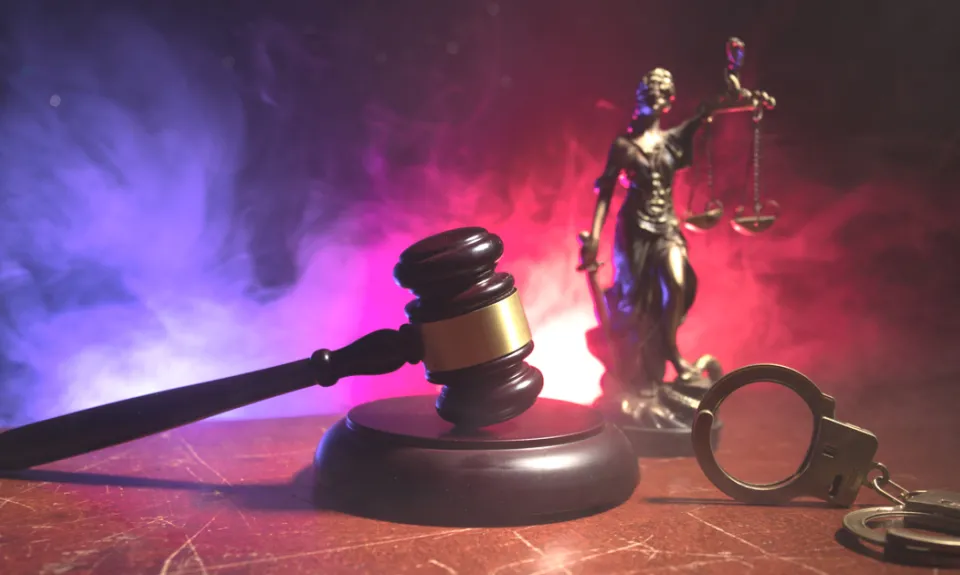Judge Lara Montecalvo, nominated by President Biden to the court of appeals for the First Circuit, wrote a unanimous opinion reversing a Trump district tjudge and ruled that a complaint charging the FBI with a pattern of abuse in trying to get someone to confess to a murder should go forward. The December 2023 decision was in Torres-Estrada v Cases.
What Happened in this Case?
Elvin Torres-Estrada filed suit seeking damages from FBI agents for what he contended was a pattern of unconstitutional conduct trying to get him to confess to the murder of a Puerto Rico corrections official. At the time of the murder, Torres-Estrada was detained awaiting trial on drug and other charges at the same correctional center where the murder took place, and the FBI began investigating him for the crime. Although one person indicted for the murder declared that Torres-Estrada was not involved, the FBI nevertheless allegedly pursued a series of improper practices against Torres-Estrada over the next several years. These included placing informants in cells with him in prison trying to get him to confess, subjecting him to “a rectal exam” and later x-rays to “search for a hidden cell phone,” interrogating him in custody without providing Miranda warnings although he was represented by counsel, and arranging for him to be placed in “special housing unit segregation” under which he was in solitary confinement in a cell for all but one hour per day when he was allowed to be alone in a small gated outside area.
After exhausting his administrative remedies, Torres-Estrada filed suit for damages against FBI agents under the Federal Tort Claims Act (FTCA) and the Supreme Court’s decision in the Bivens case concerning the availability of damages from federal officials for unconstitutional conduct. A Trump district judge, however, dismissed the complaint without discovery or trial. The lower court maintained that most of the claims were banned by the statute of limitations or by the FTCA provision that bars damages if a government worker is performing a “discretionary function.” Torres-Estrada appealed to the First Circuit.
How did Judge Montecalvo and the First Circuit Rule and Why is it Important?
Judge Montecalvo wrote a unanimous opinion that partly reversed the lower court and ruled that Torres-Estrada should be able to go forward on some of his claims. In particular, Montecalvo held that the district court made a serious error in applying the FTCA “discretionary function” exception to his claims that FBI personnel had violated his constitutional rights. Past precedent made clear, she explained, that the “discretionary function exception” does not “shield conduct that transgresses the Constitution.” In addition, based on precedent from other circuits, Montecalvo rejected the FBI’s claim that Torres-Estrada must demonstrate that the FBI’s conduct shows a “violation of a clearly established constitutional command,” as is required to overcome qualified immunity. Instead, she went on, the case should be sent back to the lower court to give him the opportunity to “demonstrate how the FBI’s conduct,” not that of the Bureau of Prisons, “violated the Constitution.” He can then try to prove his FTCA claims concerning negligence and false imprisonment.
The appellate court also partly reversed the dismissal of some of Torres-Estrada’s claims on statute of limitations grounds. In particular, it concluded that those that involved a “continuing violation,” which may have started early but continued in some respects within the limitations period, should be permitted to proceed, This included, Montecalvo explained, his contentions concerning intentional infliction of emotional distress and Bivens violations due to such conduct as confining him in solitary administrative segregation. When the case returns to the lower court, Montecalvo said, he should have the opportunity to demonstrate that some or all of these claims fall within the “continuing violations” doctrine.
Judge Montecalvo”s ruling is obviously important to give Elvin Torres-Estrada the opportunity to prove his claims of harmful misconduct against the FBI. In addition, it sets important precedent concerning future claims of government misconduct with respect to the use of the FTCA and the “continuing violations” doctrine. This is especially true in the First Circuit, which includes Maine, Massachusetts, New Hampshire, Rhode Island, and Puerto Rico. In addition, the ruling is an important reminder of the significance of promptly confirming high-quality Biden nominees like Judge Montecalvo to our federal courts.
